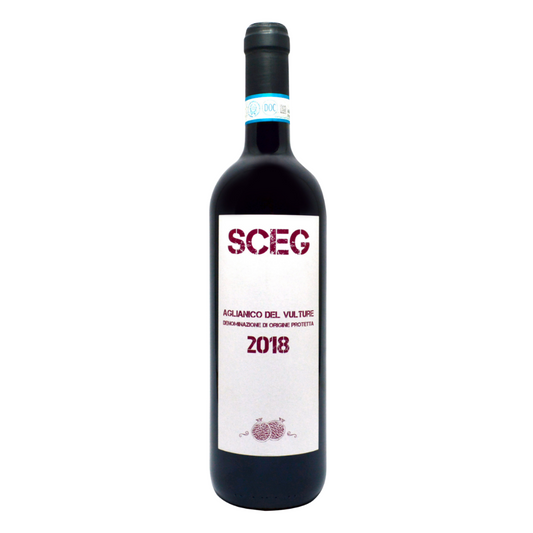-
Elena Fucci SCEG Aglianico del Vulture DOC 2018
Regular price $40.95 CADRegular priceUnit price per -
Domaine Frédéric Brouca Champs Pentus VDF 2019
Regular price $37.95 CADRegular priceUnit price per -
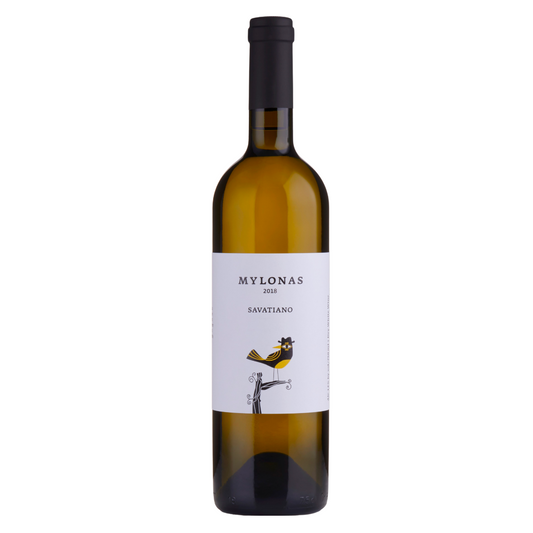 Sold out
Sold outMylonas Savatiano 2021
Regular price $26.95 CADRegular priceUnit price per -
 Sold out
Sold outJasci Pecorino d'Abruzzo 2021
Regular price $29.95 CADRegular priceUnit price per -
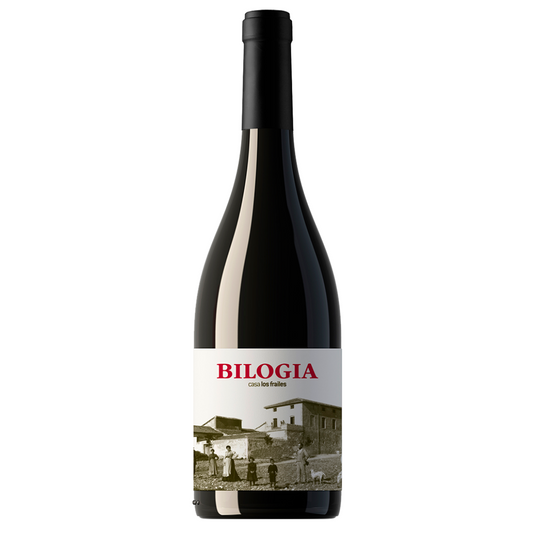 Sold out
Sold outCasa Los Frailes Bilogia 2018
Regular price $30.95 CADRegular priceUnit price per -
Matthias Hager Grüner Veltliner Mollands 2020
Regular price $39.95 CADRegular priceUnit price per -
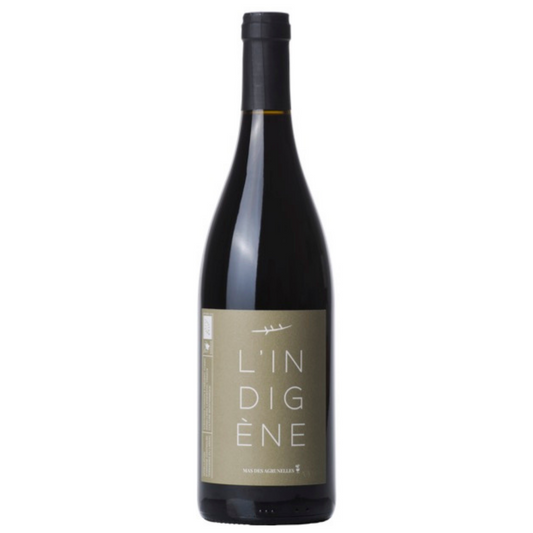 Sold out
Sold outMas des Agrunelles L'Indigène 2019
Regular price $44.95 CADRegular priceUnit price per -
Château de Parnay Chemin des Murs Saumur Blanc 2019
Regular price $48.95 CADRegular priceUnit price per -
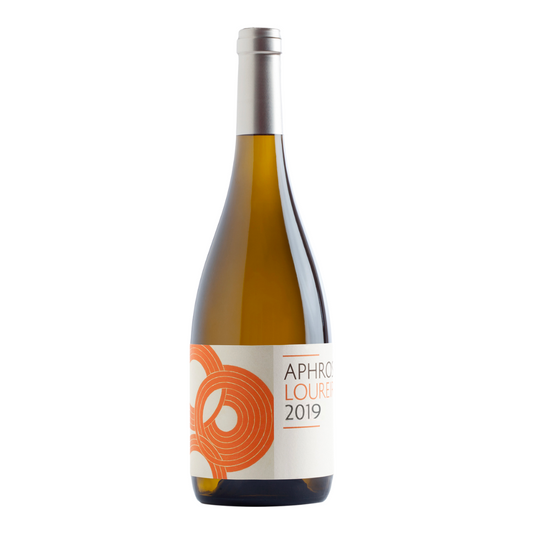 Sold out
Sold outAphros Vinhos Loureiro 2014
Regular price $33.95 CADRegular priceUnit price per -
The Flower and The Bee Treixadura D.O. Ribeiro 2020
Regular price $33.95 CADRegular priceUnit price per -
Mas Carlot Générations Blanc Costières de Nîmes 2019
Regular price $28.95 CADRegular priceUnit price per -
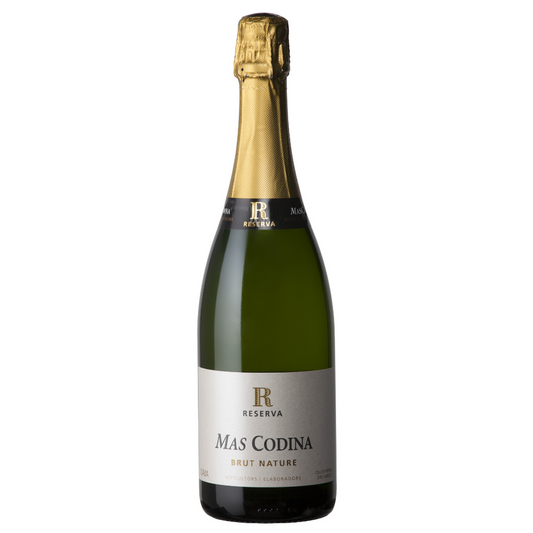 Sold out
Sold outMas Codina Cava Brut Nature Reserva
Regular price $32.95 CADRegular priceUnit price per -
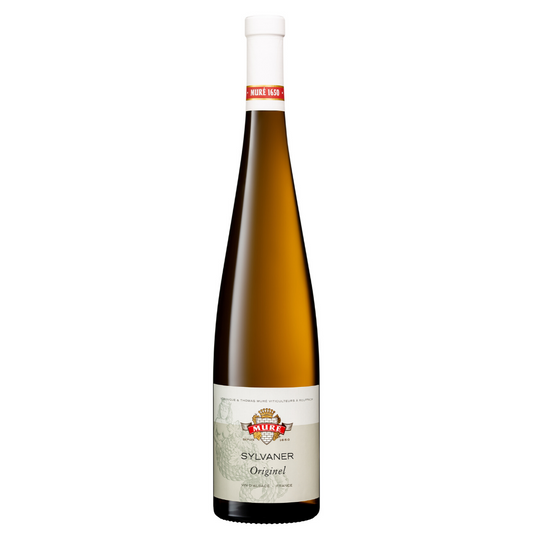 Sold out
Sold outDomaine Muré Signature Sylvaner 2018
Regular price $35.95 CADRegular priceUnit price per -
Vignoble du Reveur Pierres Sauvages 2020
Regular price $36.95 CADRegular priceUnit price per -
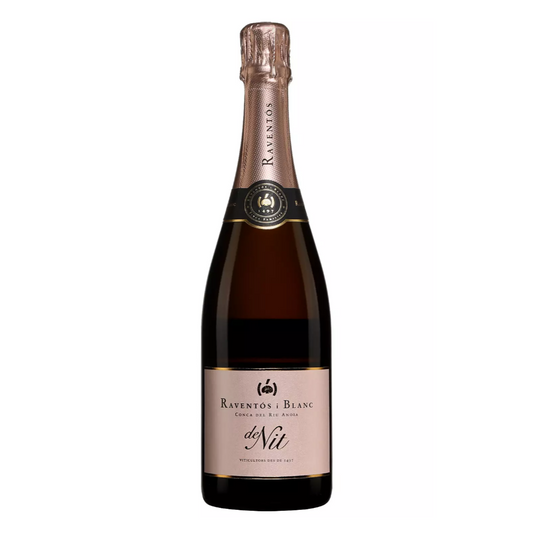 Sold out
Sold outRaventós Rosé de Nit 2018
Regular price $47.95 CADRegular priceUnit price per -
The Flower and The Bee Sousón D.O. Ribeiro 2020
Regular price $33.95 CADRegular priceUnit price per
